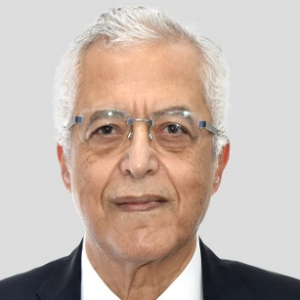Biomaterials Science
Material innovations are accelerating the progress of engineered tissues and regenerative therapies. The field of biomaterials science investigates the interface between synthetic structures and biological systems to support cellular interactions, growth, and integration. From bioresorbable polymers and smart hydrogels to nanostructured scaffolds, the materials used today are tailored to promote biocompatibility and controlled degradation. Emerging research also explores stimuli-responsive surfaces and bioinspired materials that can mimic the extracellular matrix and modulate cellular behavior in real time. With applications spanning from wound healing to organ reconstruction, biomaterials science is now addressing challenges related to immune response, vascularization, and long-term functionality. These innovations are enabling more precise drug delivery, supporting cell encapsulation, and enhancing the mechanical performance of engineered tissues. As regulatory pathways evolve and interdisciplinary collaborations expand, biomaterials are expected to transition more rapidly from lab to clinic, shaping the next wave of patient-specific medical solutions.

Nagy Habib
Imperial College London, United Kingdom
Lucie Bacakova
Institute of Physiology of the Czech Academy of Sciences, Czech Republic



Title : AI-integrated high-throughput tissue-chip for space-based biomanufacturing applications
Kunal Mitra, Florida Tech, United States
Title : Stem cell technologies to integrate biodesign related tissue engineering within the frame of cell based regenerative medicine: towards the preventive therapeutic and rehabilitative resources and benefits
Sergey Suchkov, N.D. Zelinskii Institute for Organic Chemistry of the Russian Academy of Sciences, Russian Federation
Title : In vitro evaluation of lyophilized Dedifferentiated Fat cells (DFAT) impregnated artificial dermis
Kazutaka Soejima, Nihon University, School of Medicine, Japan
Title :
Nagy Habib, Imperial College London, United Kingdom
Title :
Alexander Seifalian, Nanotechnology & Regenerative Medicine Commercialisation Centre, United Kingdom
Title : The regenerative medicine of the future
Marco Polettini, DVM, Italy